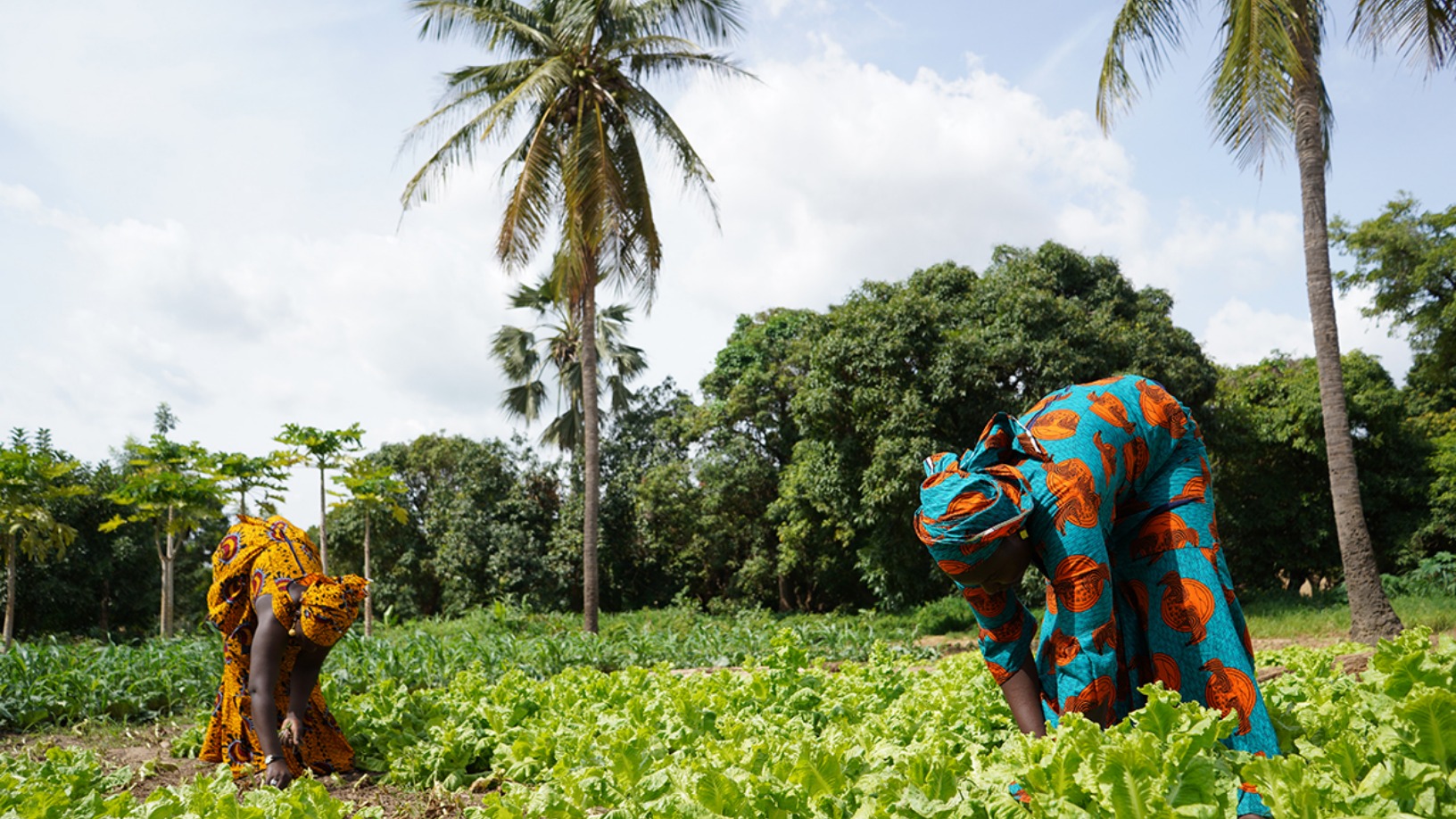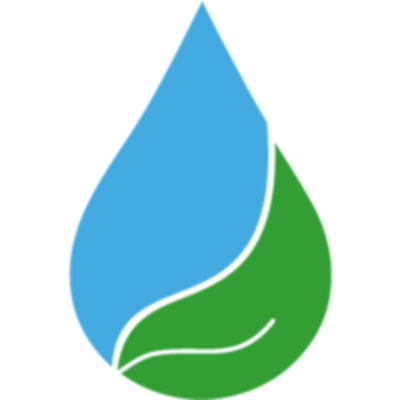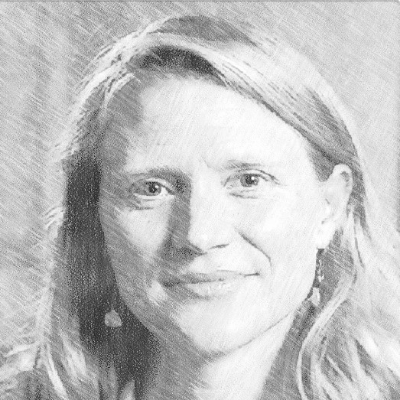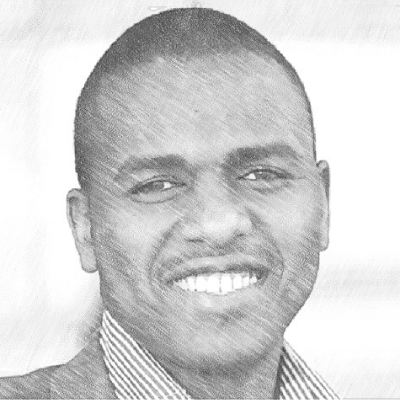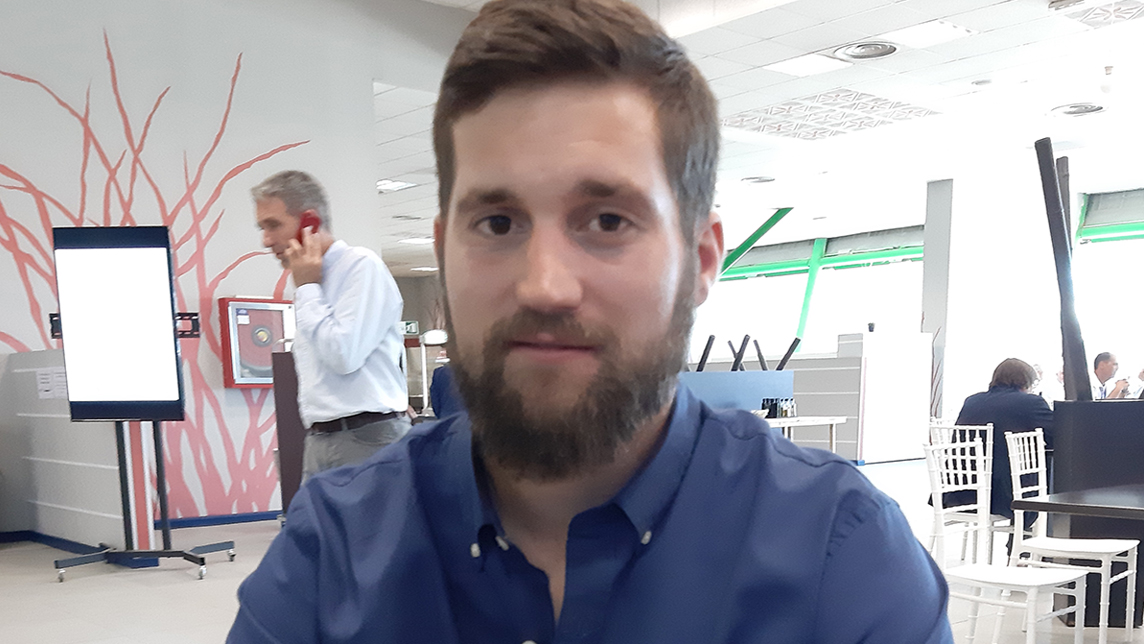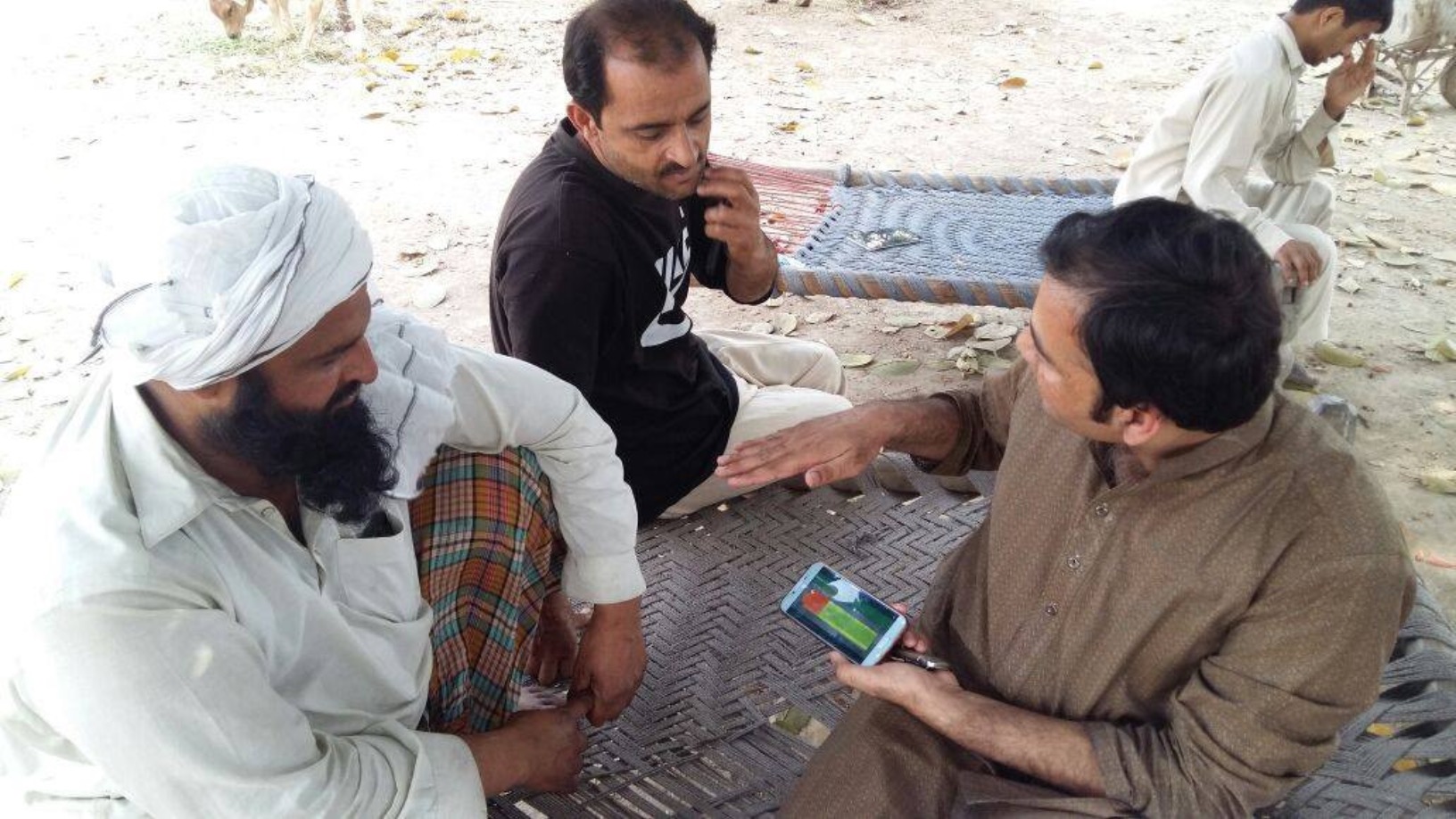Across the world, the food security of more than 2bn people depends on the unpredictable yields of half a billion small-scale farmers. In Africa, over 50m smallholders provide up to 80% of the continent's food supply. But smallholding farmers often face bankruptcy due to natural disasters. Although micro-credit has taken off, low-cost, tailor-made agricultural insurance is uncommon within the SME agricultural sector.
In 2015, Dutch-born economist Rose Goslinga and Kenyan actuarial consultant Thomas Njeru decided to tackle this “idiosyncrasy” in the market and set up Pula Advisors to pioneer insurtech in Kenya. Goslinga met Njeru in 2008 during a micro-insurance project at the not-for-profit Syngenta Foundation for Sustainable Agriculture. Goslinga was program director for a Kenyan pilot, involving 185 subsistence farmers that soon grew to be the largest in Africa with 185,000 clients. Encouraged by the pilot program’s success, they joined forces in 2015 with a mission to guarantee the livelihoods of some of the world's poorest people and improve food security.
“Traditional insurance doesn't work with two to three euros of premium because it relies on farm visits,” co-CEO Goslinga said at a TED talk event in Berlin. “A farmer in Germany would be visited at the start of the season, halfway through, and at the end, and again, if there was a loss, to estimate the damages. For a small-scale farmer in the middle of Africa, the math of doing those visits simply don't add up. So, we rely on technology and data instead," she said.
Goslinga believes that although subsistence farmers understand credit and micro-credit, insurance seems illogical to them. “People are willing to give data to a bank because they give upfront credit. Insurance is a very different value proposition, asking for your money now to pay you later, so you have to trust them and overcome that trust barrier,” she said.
Nairobi-based Pula managed to double its activities in 2020 despite Covid-19 as essential food production continued unabated. It has also attracted strong backing from investors, NGOs and governments. In January 2021, the startup secured $6m in Series A funding to further scale across Africa. The startup also secured a $1m grant earlier this year from the African Development Bank (ADB).
The company won accolades in 2020 at the Women's World Banking Fintech Challenge in Singapore and at the African Insurance Awards as “Insurtech Company of the Year."
“Free" insurance model
In developed nations, where farms are generally large, insurance premiums can run into thousands of dollars because insurers have to conduct in-person assessments. Pula leverages both ML and big data technologies to design low-cost micro-insurance to help smallholders mitigate their exposure to a wide range of climate risks, including droughts, floods, pests and diseases. Local insurance and international reinsurance firms like African Risk Capacity have partnered with Pula as their insurance underwriters.
To date, Pula has provided micro-insurance to 4.4m smallholder farmers in 13 African nations from Nigeria to Madagascar. The average insurance premium for smallholders in Africa is $4, but many farmers opt for free insurance by allowing Pula to share their farming data with their partners and suppliers. Pula’s growth is mainly due to its unique business model – bundling agricultural insurance with other products and services from partner suppliers in locations where farmers have little or no access to banking services, let alone insurance.
Traditional insurance doesn't work with two to three euros of premium
The business model is a win-win relationship for Pula, corporate partners and the farmers. Partners, such as fertilizer or seed companies, cover the cost of the insurance premiums, in exchange for data insights produced by Pula based on data collected from the farmers upon registration. The majority of partners offer micro-credits, bundled with Pula insurance products, as part of their package deals for smallholder farmers. Pula also operates a referral system via SMS: farmers receive a small payment when they recommend Pula and partner brands to their peers. The referral marketing system has boosted sales by 19% for distribution partners, according to Pula’s website.
Pula’s innovative “product bundling” model enables both insurers and farmers to obtain faster and cheaper insurance cover. “The real difficulty in agricultural insurance is selling the product [directly] to farmers; there is a lack of trust in insurance,” Goslinga said, based on her earlier pilot project experiences of trying to sell insurance directly to farmers that resulted in “high marketing costs and very limited success.”
Pula currently works with 57 insurance partners to provide a range of agri-insurance product bundles. It employs over 100 staff including field operatives in 13 African nations: Kenya, Nigeria, Zambia, Tanzania, Senegal, Mali, Ethiopia, Rwanda, Uganda, Malawi, Madagascar, Ghana and Mozambique.
Building trust with big data
The most popular cover, Area Yield Index Insurance, works by splitting a country into different agro-ecological zones based on historical weather data and yields for each ecology and working out average historical yield data for each zone. At the end of the farming season, the yield for each zone is measured and compensation is paid if yields are below a certain level.
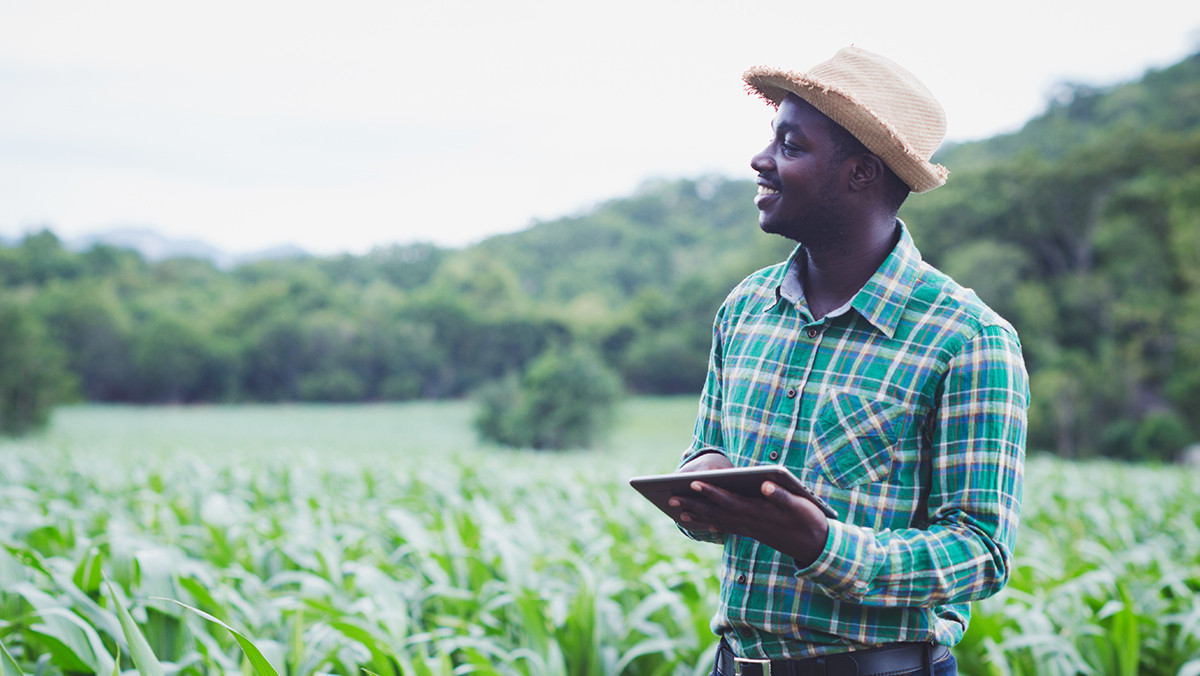
Pula initially sends trained staff to survey the farm to collect data for the ML database to be combined with other big datasets to produce risk and yield assessments. During harvest time, Pula’s agents will also visit a select number of farmers per ecology and harvest. If the actual yield is less than the long-term average, the shortage will be compensated by the insurers to farmers with Area Yield Index Insurance.
Pula also offers two more insurance policies: Weather Index Insurance where farmers are compensated in seeds or cash in the same season when the weather destroys the seedlings, or if germination fails; and the Index-Based Livestock Insurance for pastoralists. The latter is valuable in eastern African nations like Kenya and Ethiopia where livestock farming is the main source of national income. The insurance cover provides the cost of fodder for a season when grazing is inadequate to feed a herd. Pula uses ML and big data to calculate the historical averages to compute the optimal amount of compensation for different low grazing yields.
“To state that the weather and our climate is important to farmers is a gross understatement; the climate determines everything,” Goslinga said. “At Pula, we insure farmers, or to be more specific we insure the rains."
Strong backing
Pula’s Series A round in January this year was led by African social impact investor TLcom Capital together with not-for-profit Women’s World Banking, which focuses on financing initiatives for low-income women in developing nations. It plans to use the funding to further expand in Africa and Asia. In addition to Togo and Zimbabwe, Pula, which has offices in Nairobi as well as Mollis in Switzerland, plans to expand into the Philippines, Thailand and Pakistan.
The company intends to use its recent $1m grant from the ADB for a 3-year project to study social, cultural and economic factors that influence women farmers’ access to micro-insurance in Kenya, Nigeria and Zambia, with the findings to be used for gender-centric insurance products.
Social impact investors had earlier injected $1m seed funding in 2018. The US-based backers included: Accion Venture Lab, the seed-stage investment initiative of Accion; Mercy Corps’ Social Venture Fund and philanthropic investors Omidyar Network and Mulago Foundation. In 2019, Pula received a grant from the Bill & Melinda Gates Foundation to help it expand in Africa.
The World Food Programme, Central Bank of Nigeria, and the Zambian and Kenyan governments are backing Pula. Commercial partners include agribusiness players like Flour Mills and Export Trading Group and social enterprises, including One Acre Fund.
“Pula Advisors is radically restructuring the agricultural landscape to help insure the previously unbanked, uninsured and untapped market of the world’s 500m small farmers,” said Mercy Corps.
